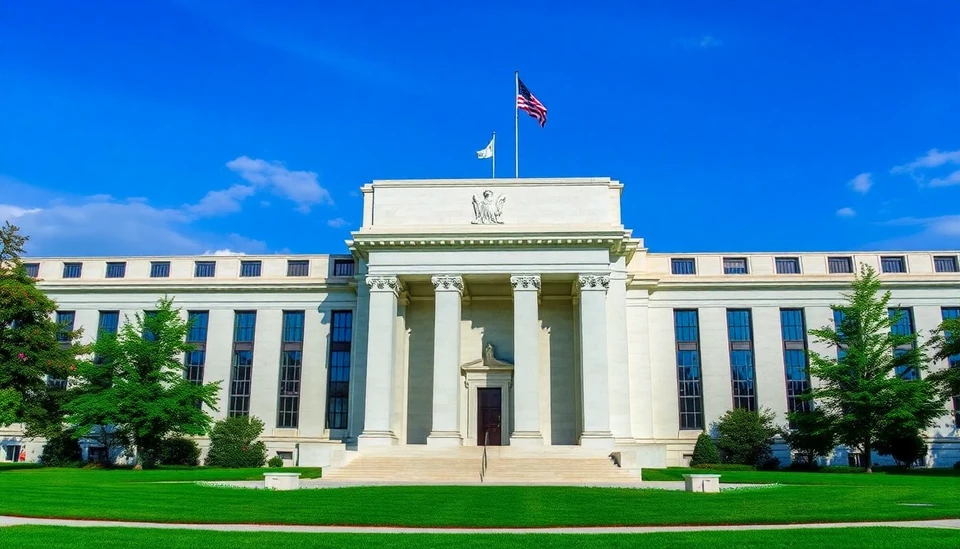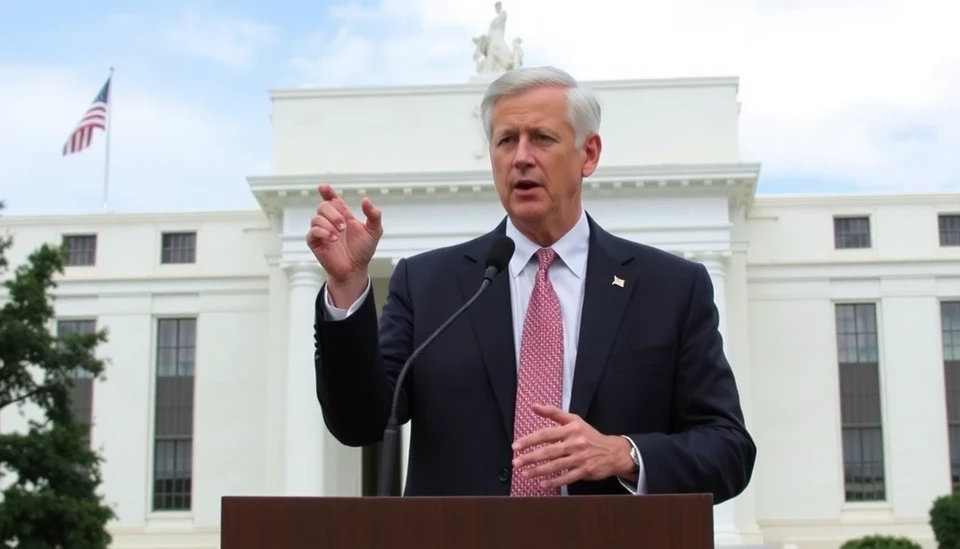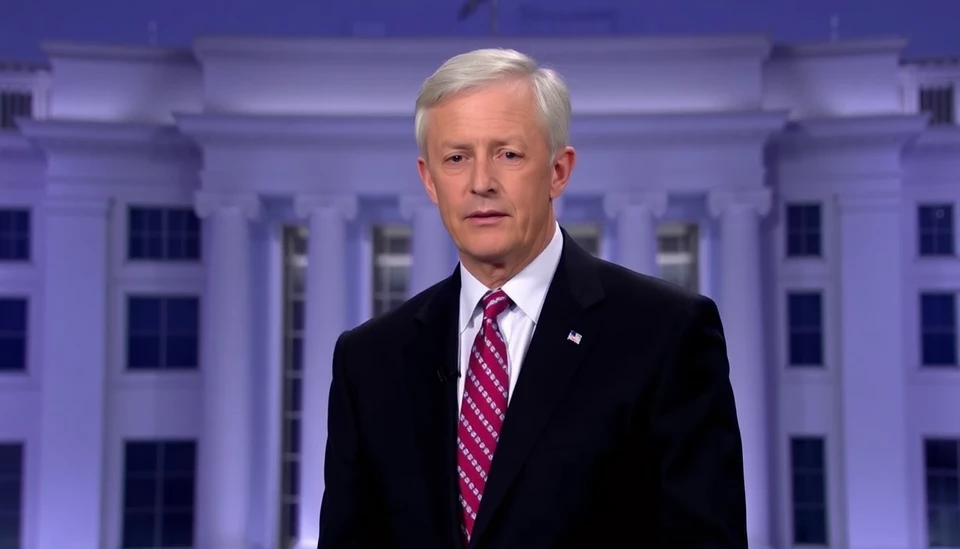
In a significant shift in regulatory focus, the Federal Reserve has announced that it will not require banks to conduct climate-related stress tests. This decision marks a departure from earlier discussions and proposals aimed at assessing how financial institutions manage risks associated with climate change.
The Federal Reserve, which plays a critical role in maintaining U.S. financial stability, had previously explored the implementation of climate stress tests as a method to gauge the resilience of banks amid the uncertainties brought on by environmental challenges. However, the central bank now believes that the current regulatory framework is sufficient to address the risks without the need for additional testing focused specifically on climate issues.
This announcement has raised eyebrows among environmental advocates and some financial analysts, who have argued that climate change poses significant risks to the global economy and, by extension, to the banking sector. Critics contend that by not enforcing climate stress tests, the Federal Reserve is missing an opportunity to prepare banks for potential financial consequences stemming from environmental disasters, regulatory changes, or market shifts related to climate issues.
Supporters of the Federal Reserve's decision, on the other hand, argue that the existing capital requirements and risk-management frameworks already incorporate various elements of climate risk, negating the need for separate climate stress tests. They point out that banks are increasingly aware of their exposures to climate-related risks and are taking proactive steps to manage them within their existing risk assessment processes.
The announcement comes as banks are being urged to disclose more information about their climate-related risks and governance practices. The push for transparency has gained momentum, with regulators and investors increasingly demanding that financial institutions provide insight into how they are addressing climate change in their strategic planning.
The Federal Reserve's stance may also reflect a broader trend among regulators to take a measured approach to climate risk assessment, balancing the need for oversight with the recognition that the banking sector is already adapting to changing environmental conditions. This may also indicate a strategic pivot to prioritize economic recovery and stability over potentially burdensome regulatory requirements in the near term.
As the conversation around climate change and finance continues to evolve, stakeholders across the board will be closely monitoring the Federal Reserve's future actions and any potential impacts on the banking sector. This move serves as a reminder that while proactive measures to combat climate change are essential, the regulatory landscape is also continuously adapting to meet the needs of an ever-changing financial environment.
In conclusion, the Federal Reserve's decision to forgo climate stress tests highlights a complex interplay between regulation, risk management, and the ongoing challenges posed by climate change. The financial community's response to this shift will likely influence the way banks approach climate risk in the coming years.
#FederalReserve #ClimateChange #BankingSector #StressTests #FinancialStability #RiskManagement #EnvironmentalPolicy
Author: Megan Clarke




